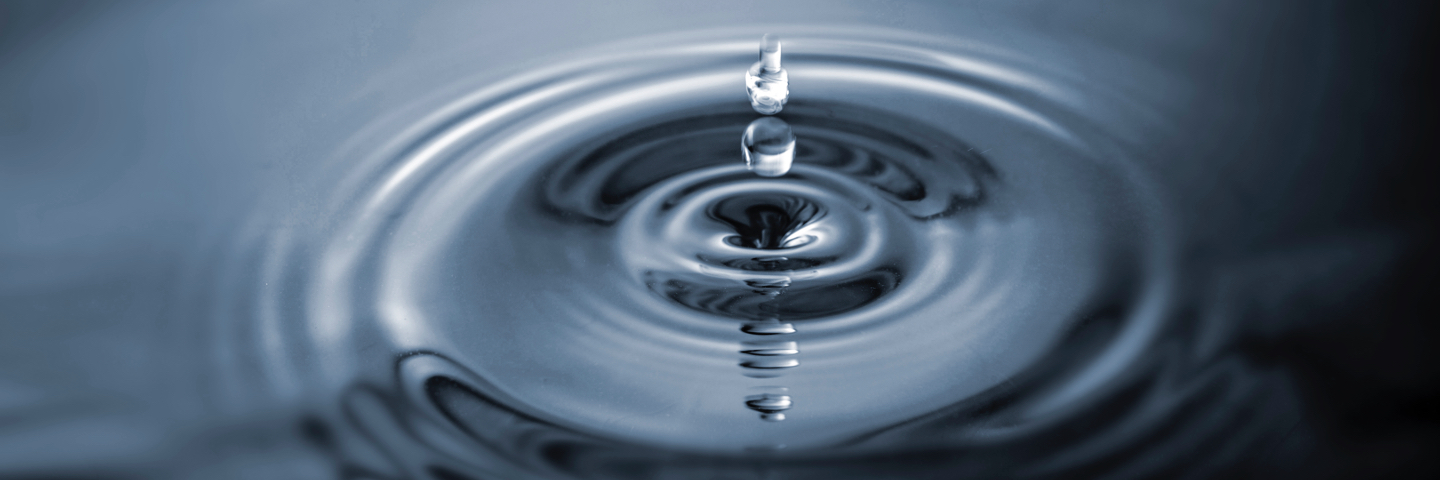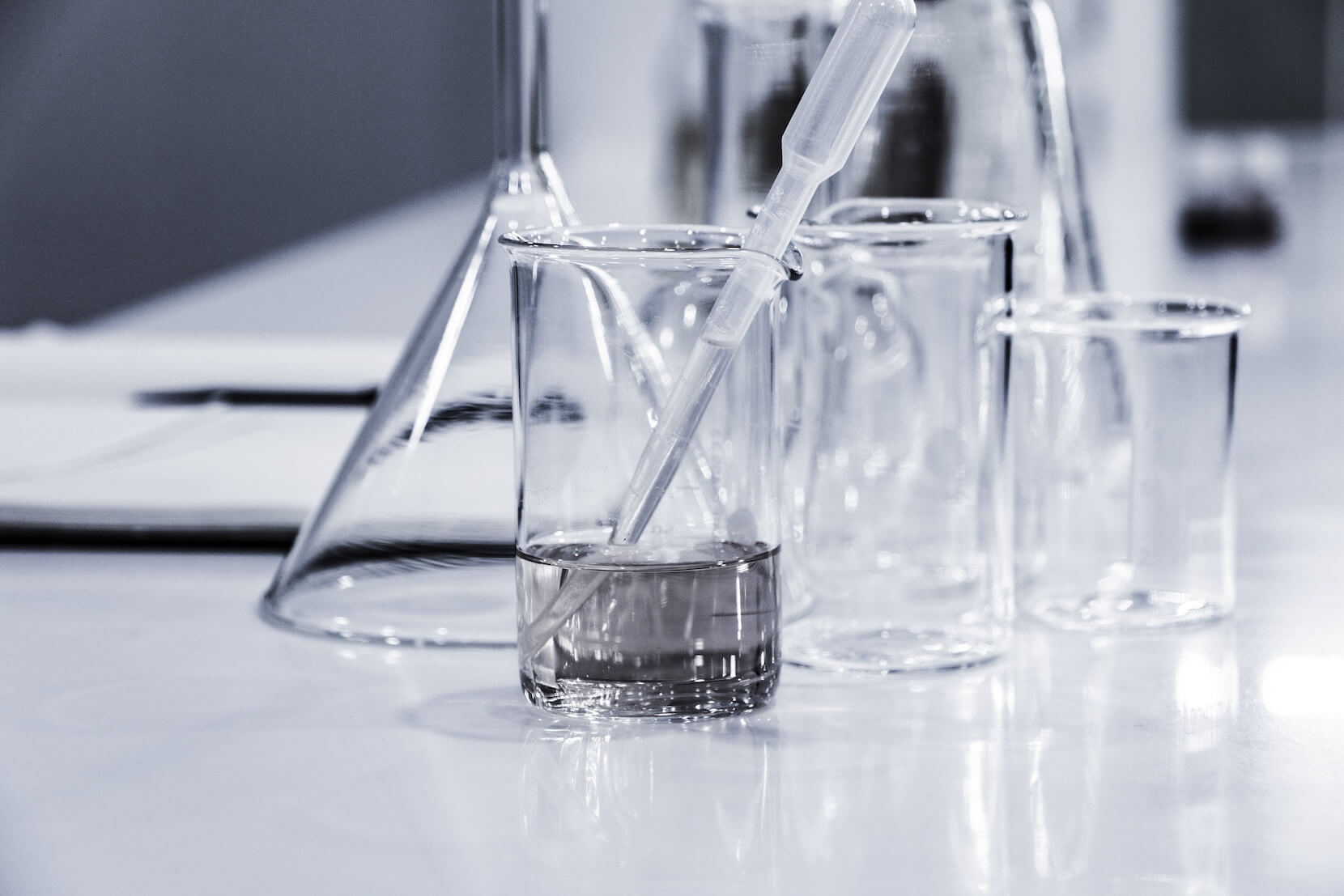Hard water
Find out if you have hard water and how to treat and prevent limescale.
Hard water contains high levels of natural minerals that have come from rock and soil. It's very common in Ireland's drinking supply. Hard water isn't harmful to your health. In fact, its high mineral content may offer health benefits.
Check to see if you have hard water
Enter an Eircode or address to see what type of water you have in your water supply zone. The results will show how much calcium carbonate is in your water. The higher the level of calcium carbonate, the harder your water will be.
What hard water looks and tastes like
Hard water looks and smells the same as soft water. Its high mineral content gives it a better taste than soft water and can offer more health benefits.
Why we don't soften hard water
- There are no health risks involved in drinking and using hard water
- Softening water removes healthy minerals from hard water
- The law doesn't require us to remove hardness from drinking water
- Chemically softened water may not be suitable for everyone to drink, such as infants or at-risk groups.
- Hard water can coat the inside of lead pipes or fittings, preventing lead from getting into your drinking water.
Remove and prevent limescale
When hard water is heated it forms a white calcium deposit known as limescale. It can leave a hard white coating inside your kettle, kitchen appliances and heating system. You might also see limescale coating the surface of hot drinks, like tea or coffee. Hard water can also reduce the effectiveness of detergents and soaps, meaning you need to use more.
Use these tips to help prevent limescale build-up in your hot water appliances and systems. Always follow the manufacturer's instructions for any of your appliances.
Kettles or other drinking water boilers
- Use a stainless steel descaler or scale collector in your kettle.
- Rinse plastic kettles regularly if limescale is floating on the surface.
- Don't leave leftover boiled water sitting in the kettle.
- Regularly descale your kettle, ask your local hardware store for advice.
Hot water heating systems
If your heating system replaces water lost from the system with fresh water, limescale may build up. This can cause your heating pipes to rattle or your radiators to take longer than usual to heat. Heating systems that use the same water in a closed loop don't usually get limescale.
If you are concerned, talk to your plumber. You can also lower the temperature setting of your water heater to help reduce limescale build-up.
Washing machines and dishwashers
Dishwashers often have built-in water softeners to prevent limescale. You can also use water-softening products in your washing machine. Always follow the manufacturer's instructions.
Install a softening unit
If you find hard water is a problem in your home you can install a domestic softening unit. Talk to your local plumber or hardware store for advice. Uisce Éireann cannot recommend any particular units or guarantee their effectiveness.
For more information visit the World Health Organisation (WHO) website.

